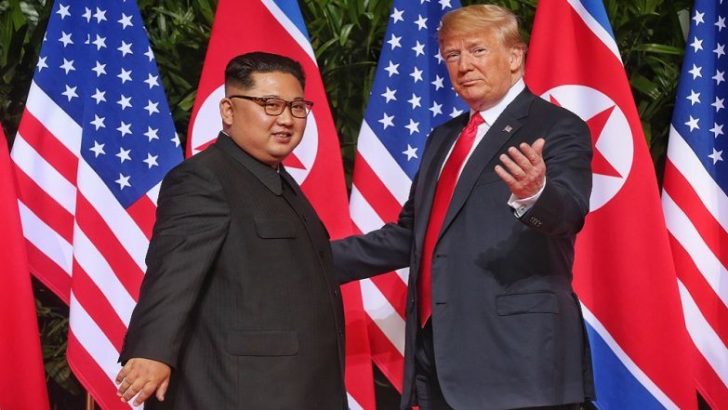Last weekend saw the welcome return of Sunday Morning Live on BBC One. It’s more magazine style than its alter ego The Big Questions but still features some weighty debates on topical religious, social or ethical issues.
First up was timely discussion on youth mental health, especially in the context of exam stress and social media pressures. It was prefaced by a video clip of a young girl in distress because she didn’t get her exam paper finished – an unfortunate but common occurrence, but is it really wise put one’s first reaction straight onto social media?
On a more upbeat note there was positive coverage of the Social Bite initiative in Edinburgh whereby customers in these cafés can ‘pay it forward’ by covering the cost of food and drinks for the homeless. This simple model had further developed to provide them with employment and accommodation as well.
Later I agreed when panellists were not impressed by efforts to marry faith and technology by having Amazon virtual assistant ‘Alexa’ recite grace before meals – it misses out on the personal humanity of the moment.
I enjoyed the interview with veteran US civil rights campaigner Rev Al Sharpton. A preacher since the age of four, he saw his “faith-based career” as a ministry for justice. Having worked alongside Martin Luther King he was impressed by Obama becoming President, but was critical of President Trump, reckoning he had done serious damage to race relations. He said: “Nobody remembers wealthy powerful people for their wealth and power… people remember you for what you represented in terms of your values and what you did for people.”
Optimism
The meeting between Trump and Kim Jong-un was one of the highlights of the week and like many I was torn between optimism about tensions in the Korean peninsula being defused and fears that it was all a big show with no substance.
The Moral Maze (BBC Radio 4, Wednesday of last week) provided one of the more thorough analyses. It was an unusual format – after some initial observations from veteran presenter Michael Buerk and his panel there were four ’witnesses’ with varying perspectives that were interrogated one by one by panel members.
I thought the format worked well – the ‘witnesses’ had to be well informed and able to think on their feet. The core topic was morality in international relations, always relevant, often urgent.
Some thought bringing morality into it could have a detrimental effect with ill-advised moral crusades; some thought the West could be a beacon for democracy and human rights without resorting to force and invasion.
There was a view that the human rights agenda could be arrogant, and would be better rising up from within rather than being imposed from without – but then what happens when human rights efforts from within are suppressed by dictatorships?
There was criticism of Trump for seeming to give approval or extra status to Kim by meeting up on an equal footing, but others felt it was a useful strategic exercise to achieve desirable goals.
Still with BBC, having a listen to late night news coverage on BBC World Service last Thursday night I thought I’d gone back in time with celebrations about new abortion legislation – but no it was the passing of an abortion bill through one of the houses of parliament in Argentina. It still has to pass the second house but that unfortunately familiar ‘feminist’ triumphalism was in full swing.
The only person interviewed was enthusiastically pro-choice, and any opposition was virtually ignored apart from a passing reference to opposition from the Catholic Church and Pope Francis.
That debate still smoulders on at home. On last Monday Morning’s Pat Kenny Show (Newstalk) stand-in presenter Jonathan Healy made much of former President Mary McAleese’s declaration that she wasn’t going to go to Confession for voting Yes in the recent referendum. I indulged in a few yawns, but noted that Healy twice misrepresented (by misleading over-simplification of nuance) what Bishop Kevin Doran had said on the matter.
And then he followed up by interviewing Gina Menzies (of liberal group We Are Church) about that McAleese interview with Ursula Halligan (also of We Are Church). It was one of the worst examples I’ve come across of the ‘echo chamber’ or the ‘bubble’.
Ironically, Healy finished with “the debate goes on”… actually no, it’s not a debate if all participants are of one mind.
Pick of the week
DOC ON ONE: SISTERS
RTÉ Radio 1, Saturday, June 23, 2 pm also Sunday 7 pm
In the 1950’s two Donegal sisters become nuns, go to USA and become educators, community leaders and activists.
MY COUNTRY, MY FAITH: IRELAND
EWTN Sunday, June 24, 10.30 am, also Wednesday 7 pm
Tom and Jackie Ascough discuss First Communion and how a family prepares for a child to enter the Church.
PRAYING AS A FAMILY
EWTN, Monday, June 25, 10 am, also Friday 5 pm
Creating sacred spaces – Families share how they have made their homes into sacred spaces of peace and love.


 Brendan O’Regan
Brendan O’Regan The meeting of President Trump with Kim Jong-un
The meeting of President Trump with Kim Jong-un 